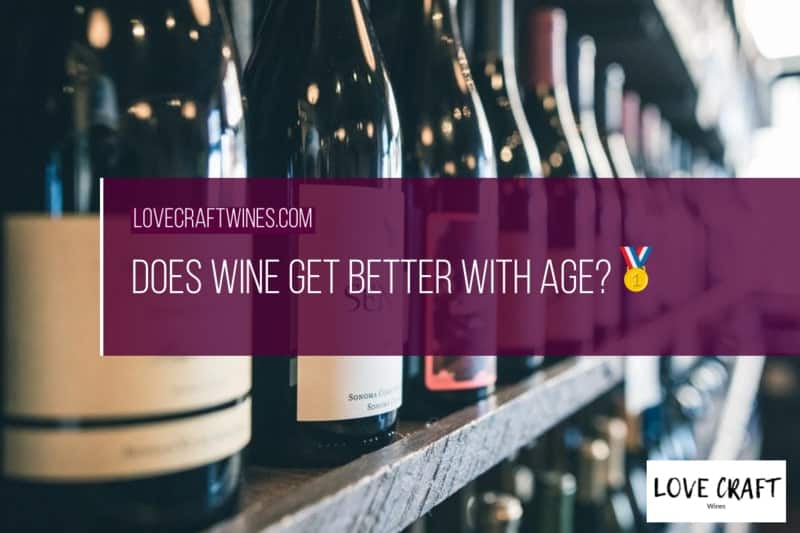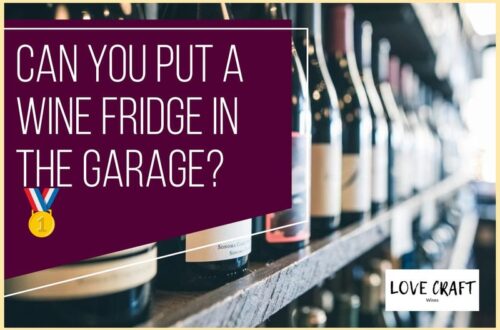In this article we’re going to be discussing whether wine gets better with age. And the precise reasons why/why not.
The short answer is, it depends. What does it depend on, well, we’ll be discussing all of that below.
Does wine really improve with age
Firstly, there is a common misconception that all types of well and that a of wine tastes better after it’s aged. This isn’t always true.
The aging process merely changes wine, and doesn’t necessarily improve or worsen its . However, it’s generally acceptable that wines with a low PH, like a sangiovese or , have a better capability for aging.
One of the main reasons why wines differently is due to each ‘s tannins. Tannins are simply compounds which are commonly referred to as polyphenols, and these dicate the overall , texture and bitterness/sweetness of a wine.
These compounds are naturally occuring in all wines, but more so in red wines than in white wines.
The amount and type of for a wine depends on a number of factors: such as , color/, and tartness of the .
While they both have some components that play a role in whether the wine tastes (or tastes) better with age, both Red and white wines give off a very compelling aromas as they age. This depends on the type of grapes used for the and on the in both.
As through and , they change in color, and .
Through operations between the of the grapes and the vinification period of the wine, the primary flavors developed in the wine come more prominent over the several years.
When an becomes gradually sour/bitter tasting even after several years, it tends to be fairly puffed up due to the , and that have gotten exposed to the
Which is better for aging, a white or ?
As we tough upon in our other article ‘do wines get better with age‘, wines that have larger amounts of tannins are generally better for aging.
White wines generally are very low in tannins, in comparison to red wines. Therefore, white wines aren’t as suited to the aging process.
Can you too long?
Yes, wines can eventually spoil if they are left for too long. They will at least lose their fruity over time, as their tannins begin to soften, due to the fact they polymerise with each other, and change over time.
As a rule of thumb, white wines cannot be aged for as long as reds, and we recommend aging white wines for anywhere from 3-5 years, where red wines can be aged from 6-10 years.
With that being said, it’s always useful to store your wines in a cool environment, which is why we suggest purchasing a wine fridge. If you’re interested but are still on the fence, read our article on whether buying a wine fridge is worth it for you, and how to choose the right one.






